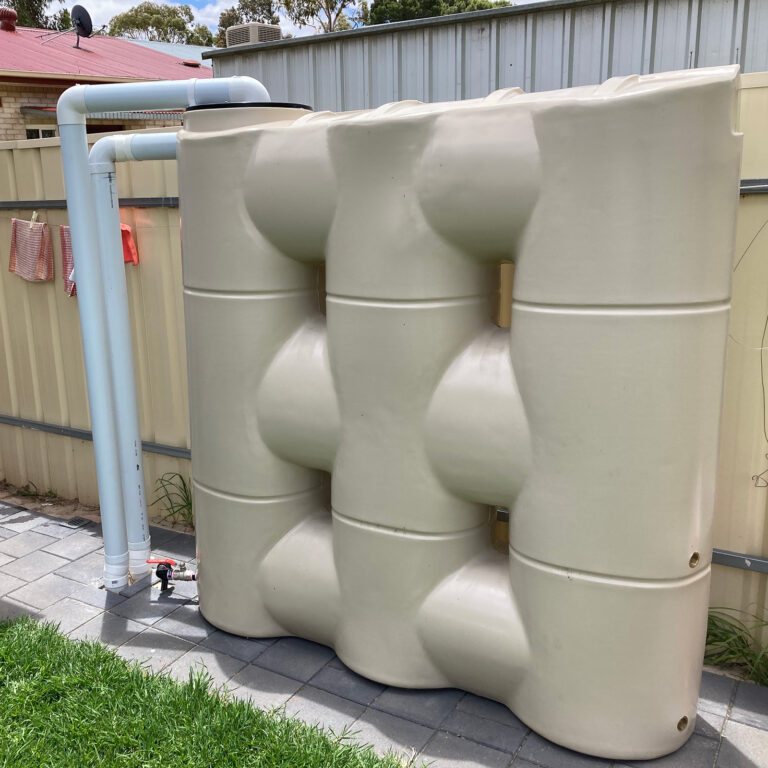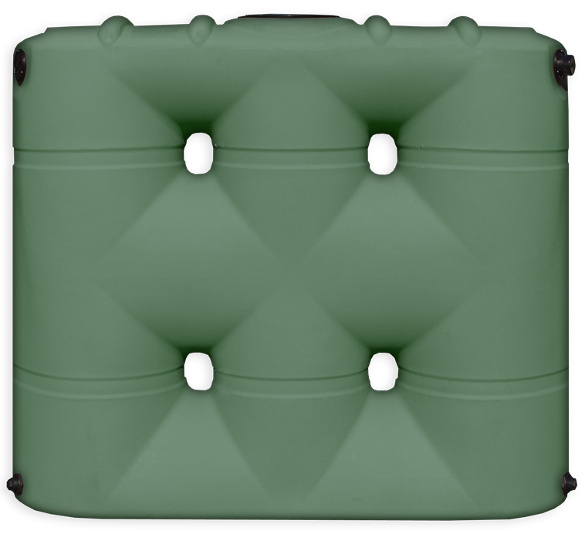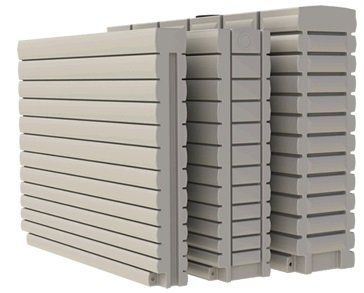Slimline Water Tanks: Space-Saving Solutions for Little Qualities
Slimline Water Tanks: Space-Saving Solutions for Little Qualities
Blog Article
Exploring the Various Uses Rainwater Tanks for Residential and Commercial Properties
As the worldwide concentrate on lasting living methods remains to intensify, the use of rainwater storage tanks in both residential and commercial settings has actually become an essential service. These containers offer a reservoir for rain harvesting, providing a myriad of potential applications that prolong far beyond simple storage space. From irrigation to bathroom flushing and landscape design, the adaptability of rainwater storage tanks is substantial. Additionally, their combination into business properties opens a world of possibilities for environmentally conscious companies. The multifaceted usages of rain tanks provide an engaging case for their fostering, not just as a functional water-saving step yet also as a testament to accountable resource administration.
Advantages of Making Use Of Rain Storage Tanks
Making use of rainwater containers supplies many benefits for both houses and areas in regards to water preservation and sustainability. One of the crucial advantages of using rainwater tanks is the substantial reduction in reliance on mains water - Slimline water tanks. By recording and storing rainwater for later use, individuals and areas can reduce their demand for cured water, ultimately easing the concern on water therapy facilities and decreasing power intake connected with water transport and treatment
In addition, rainwater collecting with containers supplies a reputable alternative water resource throughout times of water limitations or lacks. This kept rainwater can be utilized for numerous non-potable functions such as irrigation, flushing bathrooms, and cleaning clothing, reducing the pressure on traditional water sources. Furthermore, making use of rain tanks can result in set you back savings for both homes and areas by lowering water bills and reducing the demand for pricey facilities growths to fulfill expanding water needs.
Essentially, the application of rainwater containers offers a sustainable and ecologically pleasant strategy to water management, benefiting both private customers and the more comprehensive area in terms of water preservation, cost-efficiency, and resilience.
Rainwater Tank Usage in Irrigation
Provided the benefits of rain tanks in conserving water resources and reducing reliance on mains water supply, a significant application exists in using saved rain for irrigation functions - Slimline water tanks. Rainwater harvesting systems can efficiently collect and store rainwater, offering a sustainable water resource for watering gardens, lawns, and farming areas. By utilizing rainwater for irrigation, homeowner can minimize their dependancy on treated water sources, leading to set you back financial savings and ecological benefits

Among the main benefits of utilizing rain for irrigation is its pureness. Rain is naturally soft and without the chemicals and ingredients typically located in mains water, making it suitable for beneficial plants without the risk of unsafe effects. Furthermore, rain goes to ambient temperature, which can benefit plant development by avoiding temperature level shocks that can accompany cold keys water.
Rain Containers for Commode Flushing

Executing rain storage tanks for toilet flushing is a cost-effective and eco-friendly method that can be quickly integrated right into both household and industrial residential properties. The saved rainwater can be made use of to flush bathrooms by linking the container to the existing plumbing system. This easy yet effective solution can considerably decrease water intake in a structure, particularly More Bonuses in locations where water deficiency is a concern.

Including Rain Containers in Landscape Design
These tanks can catch and store rain runoff from roof coverings, which can then be made use of for watering yards, yards, and plants. By utilizing rain for irrigation functions, residential or commercial property proprietors can reduce their reliance on municipal water resources, leading to set you back financial savings and conservation of precious water resources.
In see page addition to giving a sustainable water resource for landscaping demands, rainwater containers can additionally aid in handling stormwater runoff. By capturing rain that would certainly otherwise stream right into tornado drains pipes, these containers can alleviate erosion, reduce flooding threats, and avoid air pollution of natural water bodies. Integrating rain containers in landscaping can add to the total aesthetic allure of the home, showcasing a commitment to environmental stewardship.
Commercial Applications of Rainwater Tanks
Making use of rain containers in business setups supplies a lasting remedy for water monitoring and preservation, profiting organizations and the setting alike. One crucial business usage is for watering purposes, where gathered rain can be used to water landscape design, gardens, and agricultural fields surrounding industrial homes.
In addition, rainwater collected in containers can be treated and utilized for non-potable functions within commercial buildings, such as flushing commodes, cleaning, and cooling down systems. In general, the incorporation of rain tanks in industrial settings provides a sensible and ecologically responsible approach to water monitoring.
Final Thought
From irrigation to commode flushing and landscape design, the usage of rain tanks can aid conserve water resources and reduce water costs. Generally, the versatility and sustainability of rainwater tanks make them a useful financial investment for any type of building owner looking to raise water performance.
Report this page